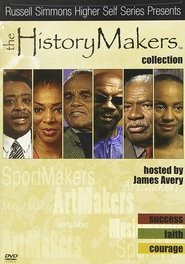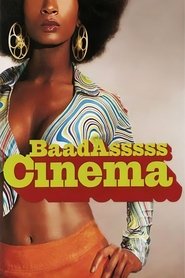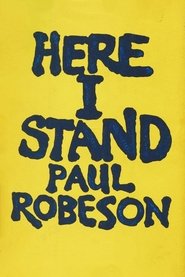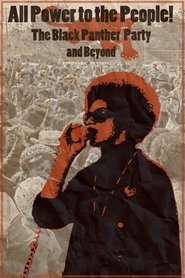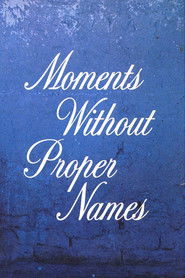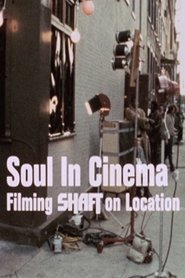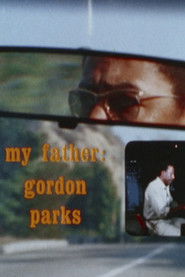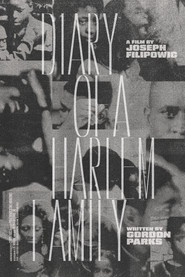
Gordon Parks
30-11-1912
Birthday
Sagittarius
Zodiac Sign
-
Genres
15
Total Films
Also known as (male)
Fort Scott, Kansas, United States
Place of Birth
30-11-1912
Birthday
Sagittarius
Zodiac Sign
-
Genres
15
Total Films
-
Also Known As (male)
Fort Scott, Kansas, United States
Place of Birth


